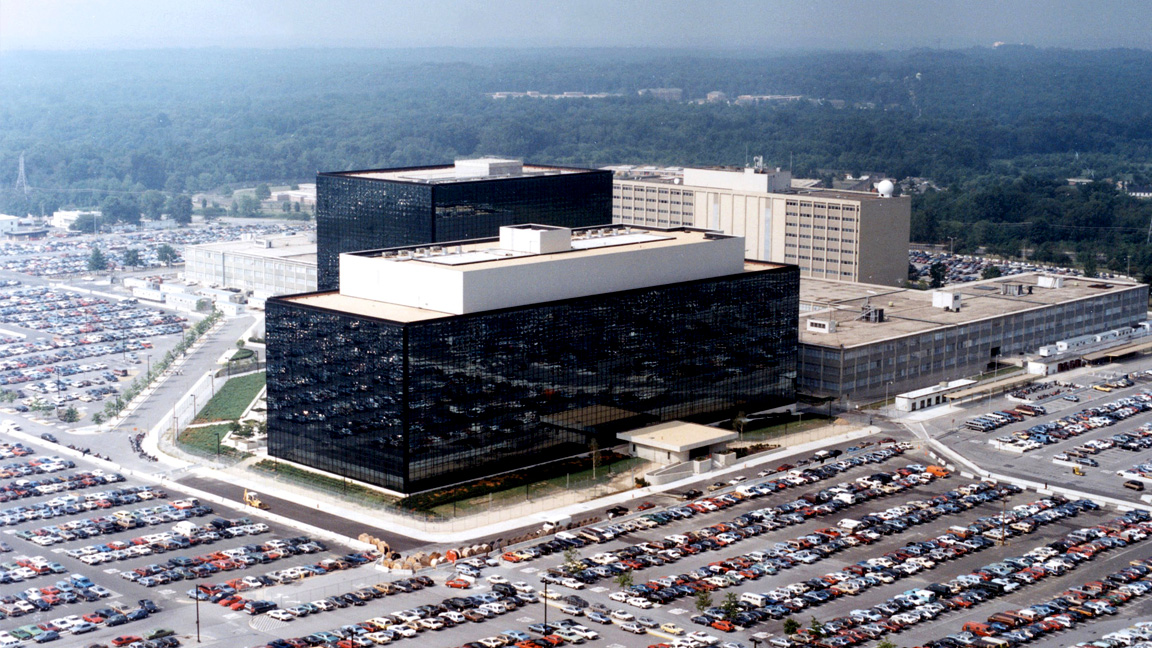NSA says its new phone surveillance program meets privacy standards
Publishes first transparency report

The National Security Agency has today published its first transparency report, which states that its new phone surveillance program meets the privacy standards of the US Freedom Act that shut down its old bulk phone spying program.
After being revealed by whistleblower Edward Snowden in 2013, and coming under fire for being ineffectual and an invasion of US citizens' privacy, the NSA shut its old mass surveillance program down on November 28, 2015.
In its stead, the NSA launched a new program to comply with the new Freedom Act, which was signed into law mid-2015 by President Barack Obama.
New surveillance program
Under the new surveillance program, US carriers will continue to retain customer phone metadata, which includes phone numbers and call duration, but instead of the NSA having nearly unlimited access to this data, the agency will require a court order on a per-case basis, similar to a search warrant.
The transparency report, put together by the NSA's Civil Liberties and Privacy Office (CLPO), says the new program meets at least six of the eight "fair information practice principles" that are now required, including oversight, data minimization, use limitation, purpose specification, data quality and data security.
However, the report says that while the transparency principle requires notifying individuals regarding the use of personal information and collection, the CLPO believes because the surveillance program has been detailed by the government already and that there has been a lot of public debate surrounding the Freedom Act, there should be enough to "adequately address" this principle.
The other principle concerns individual participation, which requires seeking consent from the person the agency wants to observe, which would be counter-intuitive to the reason the NSA would want to keep tabs on someone as a potential security threat.
Sign up for breaking news, reviews, opinion, top tech deals, and more.
As such, it looks like the NSA won't be complying with this principle, with the CLPO writing that it feels the NSA's actions regarding individual participation is "appropriate under the circumstances."
You can find the full report here, though it doesn't make clear how the NSA's surveillance of wireless communications, including through the web, will be affected by the Freedom Act principles.
Via Reuters